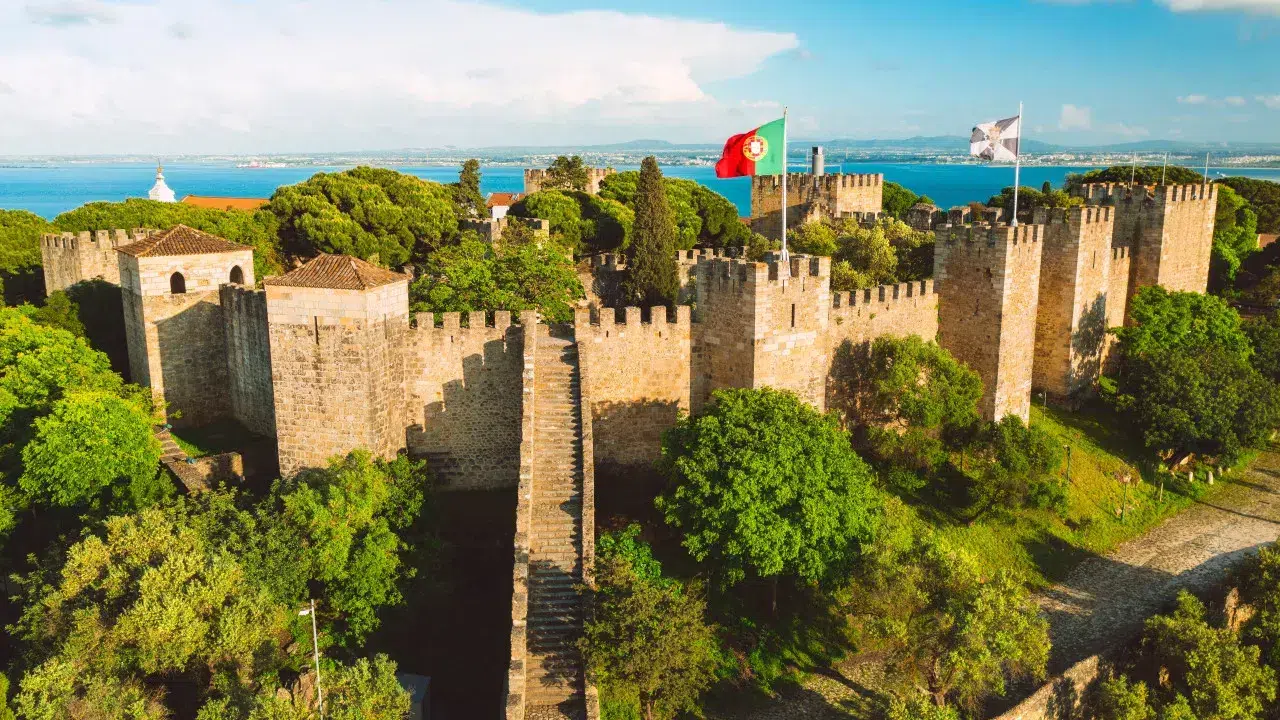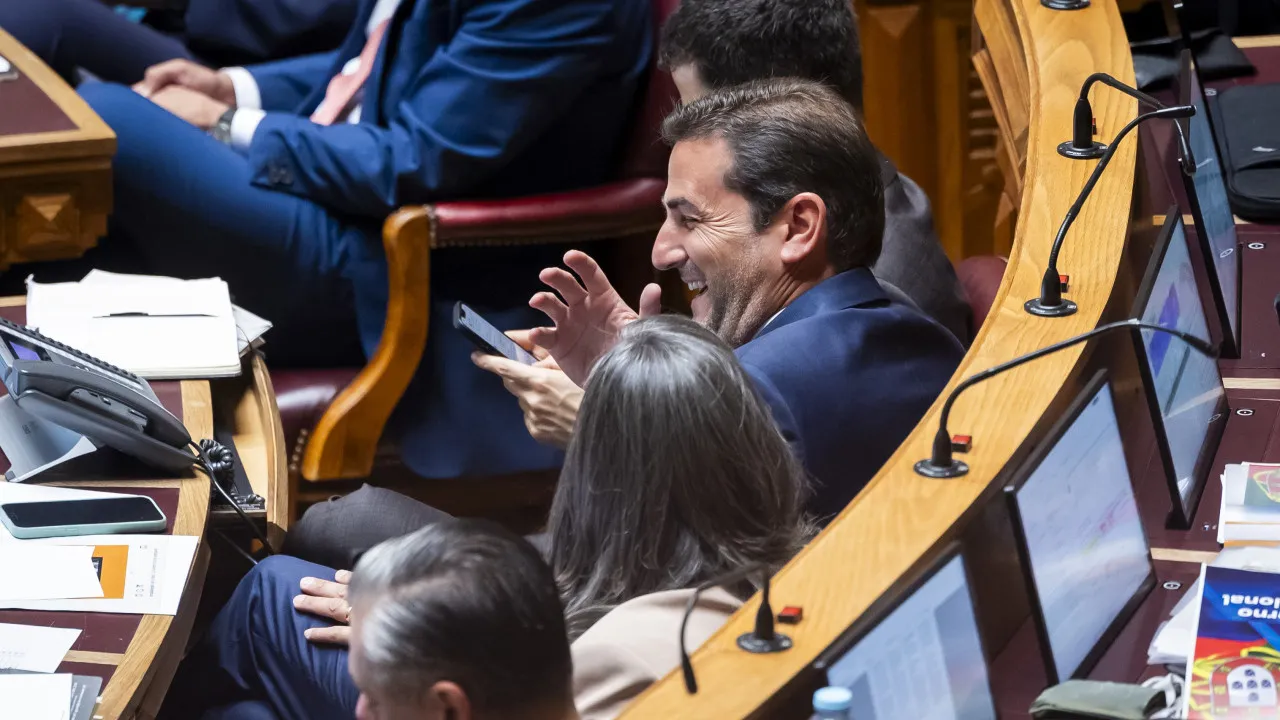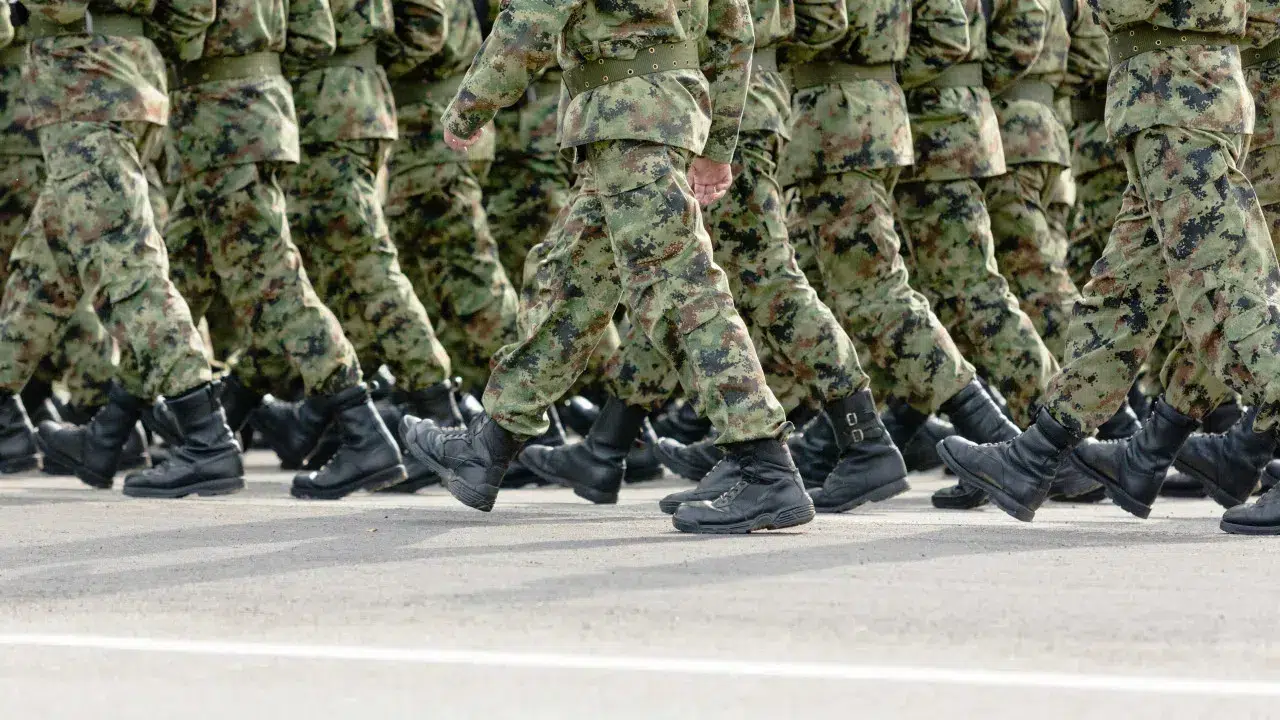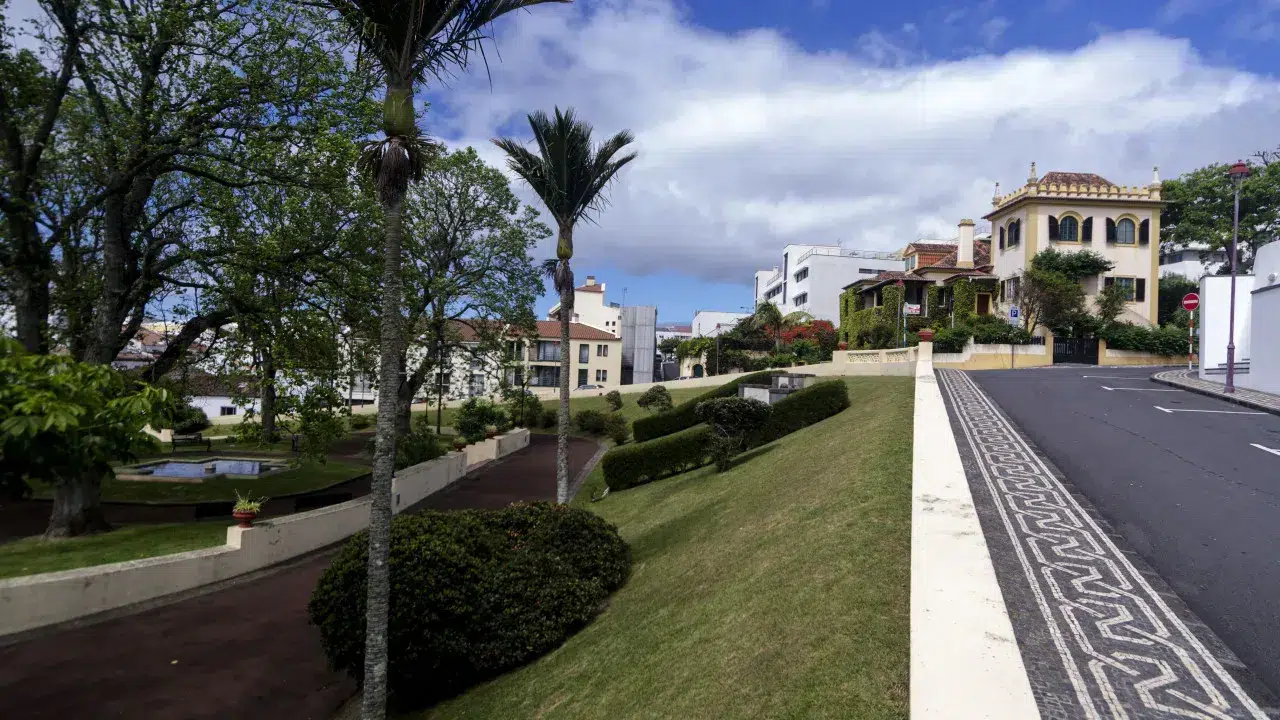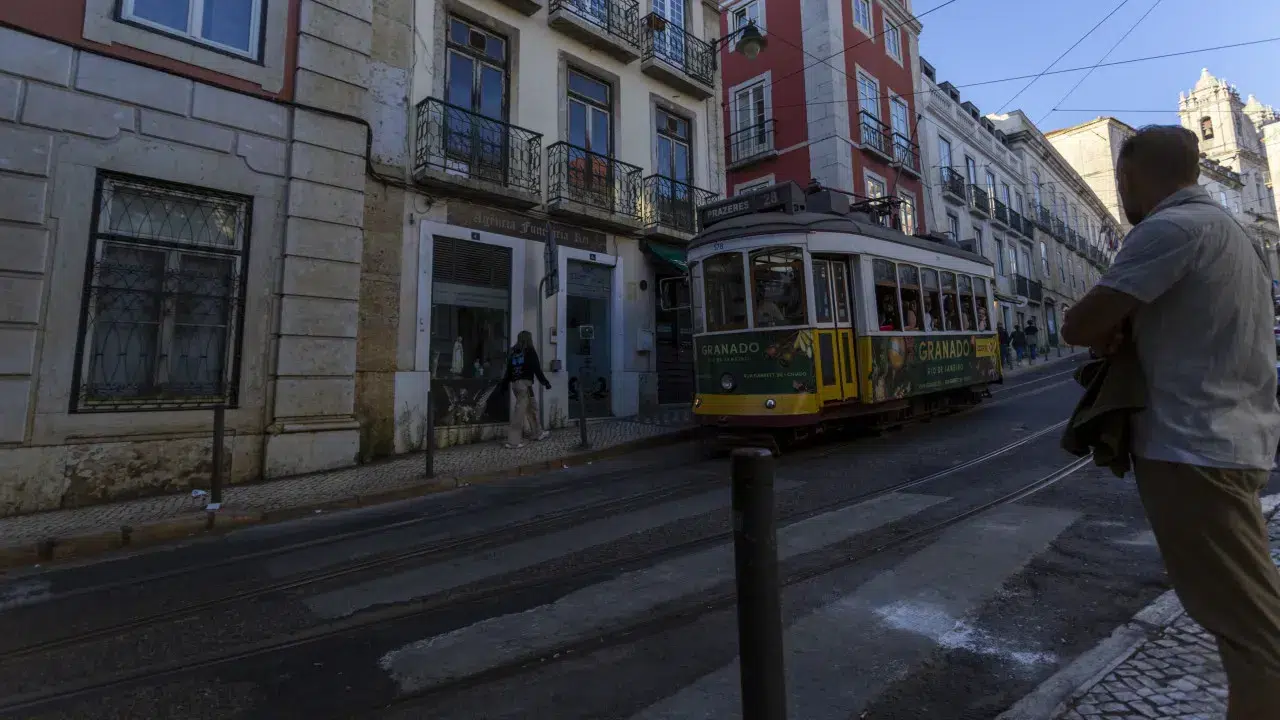
Portuguese respondents in a European opinion study expressed the highest level of concern about the use of nuclear weapons, a potential third world war, and a larger European conflict beyond Ukraine.
“The majority of Europeans are waking up to the reality of living in a very different world. Although the fear of a Russian attack on NATO territory is less widespread than some analysts suggest—while it is intensely felt in certain border states like Poland, Estonia, and Romania, as well as in Portugal— it is the growing fear of a nuclear conflict that most clearly captures the new European anxiety,” states the European Council on Foreign Relations (ECFR) in a study published today.
A day before the two-day NATO summit, marked by strong geopolitical tensions in the Middle East and Ukraine and the need to increase defense investment, the ECFR released an opinion study involving 12 countries (Portugal, Denmark, Estonia, France, Germany, Hungary, Italy, Poland, Romania, Spain, Switzerland, and the United Kingdom) and 16,440 respondents over 18 years old.
The Portuguese respondents showed significant concern about the potential use of nuclear weapons (85%), a third world war (82%), and a more extensive European war beyond Ukraine (77%). These were the highest percentages among the countries surveyed.
Conversely, Portuguese respondents were less worried about a potential Russian invasion (54%) and the disintegration of the European Union (EU) or NATO (65% and 66%, respectively).
The 1,010 Portuguese participants, surveyed between May 16 and 28, also expressed more concern about the State investing too much in defense to the detriment of other policies, rather than not investing enough and jeopardizing the country’s security.
Regarding U.S. President Donald Trump, most of the Portuguese respondents (54%) believe he has affected relations between Europe and the United States, but expect that the relationship will improve after he leaves office.
The 12 countries selected by the ECFR for this opinion study were based on criteria such as geographical balance and size.
NATO allies are set to meet on Tuesday and Wednesday at a summit in The Hague, under the urgency of increasing defense spending, hoping for peace but preparing for the worst.
This meeting of NATO leaders and ministers will serve as a platform to discuss global events and their impact on Euro-Atlantic security, with allies preparing for conflict without expecting it to occur.
There is talk of reaching a target of 3.5% of GDP on traditional military spending (armed forces, equipment, and training) and an additional 1.5% on dual-use infrastructures, civilian and military (such as cybersecurity, readiness, and strategic resilience), an increase from the current 2% goal.
In Portugal, the government announced it would bring forward the target of 2% of GDP on defense to 2025.
Last Wednesday, Mark Rutte praised this Portuguese announcement, stating it was “great news,” arriving even before the summit began.
In 2024, Portugal invested approximately 4.48 billion euros in defense, about 1.58% of its GDP, placing the country among NATO allies with the lowest military expenditure—below the 2% target—according to government and organization estimates.
Portugal will be represented at The Hague summit by Prime Minister Luís Montenegro and Ministers of Foreign Affairs and Defense, Paulo Rangel and Nuno Melo.

